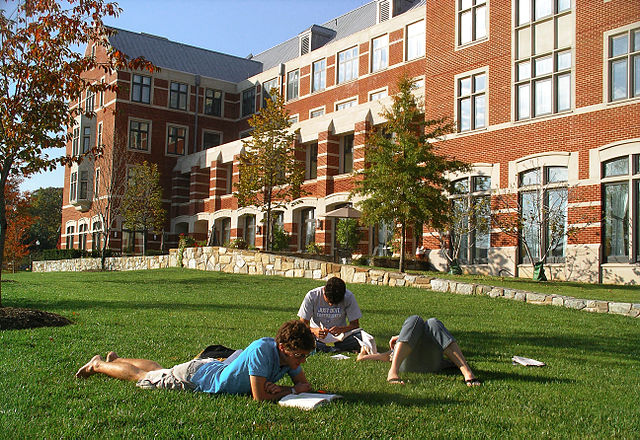The cost of education has skyrocketed over the years. Almost every student that attends any form of higher education is required to take out student loans just to pay for coursework. Some students are exiting college after four years with enough student loan to pay for two single family homes.

Bankruptcy often becomes a real option for individuals struggling to make ends meet after graduation. However, before filing a petition for bankruptcy, it is important that you are aware of the requirements and also aware of what things may or may not be dischargeable.
Reminders – Types of Bankruptcy
Individuals typically file for one of two types of bankruptcy: Chapter 7 or Chapter 13. The differences between the two are important. Chapter 7 bankruptcy allows an individual debtor to go through a reorganization process with the bankruptcy court. With Chapter 7 bankruptcy, a trustee is appointed to sell available assets and distribute funds to creditors. Chapter 13 bankruptcy provides essentially a clean slate for debtors.
This chart from the Federal Reserve Bank of New York estimates a massive increase in student loan debt.
However, here in Florida, certain income requirements are mandated in order for a debtor to qualify for Chapter 13 bankruptcy. In Florida, if a debtor’s monthly income is lower than Florida’s median income, then they are eligible to file for Chapter 13 bankruptcy. If a debtor’s income is higher, that debtor will not qualify or be eligible to file for Chapter 13 bankruptcy, and thus they must go through with Chapter 7’s reorganization process. Bankruptcy’s primary purpose is to discharge debt and to give debtors a second chance at navigating the financial world. Although given a bad name by certain individuals, bankruptcy can be quite helpful for families and our economy in general.
Are Student Loans Dischargeable?
Student loans are generally not dischargeable in bankruptcy court. The vast majority of debtors will not be able to wipe out their student loan debt in a bankruptcy proceeding.
Exception in the Discharge of Student Loan Debt

In very rare cases, there is one exception available in the quest to discharge student loan debt in bankruptcy court. This exception is known as the “undue hardship exception.” If a debtor can establish in bankruptcy court that his/her student loan payments causes him/her an undue hardship, he might be able to get rid of the student loan payments. This is not an easy burden to meet; facing general financial difficulties is not sufficient. The exception usually applies in extraordinary cases of individuals who suffer some life-altering medical injury or accident, that permanently limits their ability to work or support themselves. It is important to note that one is required to go through different steps in order to successfully establish this hardship. The debtor must file a separate complaint before the court and stand before the court in most cases to articulate the hardship. Although somewhat of a lengthy and tedious process, it can be done with an experienced attorney there to walk with the debtor every step of the way.
Contact a Bankruptcy Attorney Today
If you or a loved one has been bogged down by student loan payments and think you may be interested in filing for bankruptcy, talk to a lawyer in our office today. We can help you get the answers you need before you embark on the bankruptcy journey. Contact us to see how we can help you.


